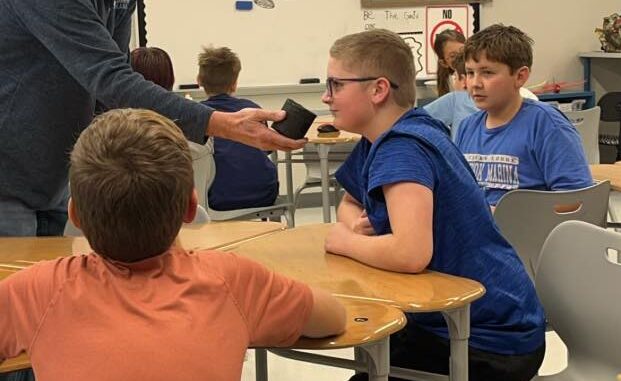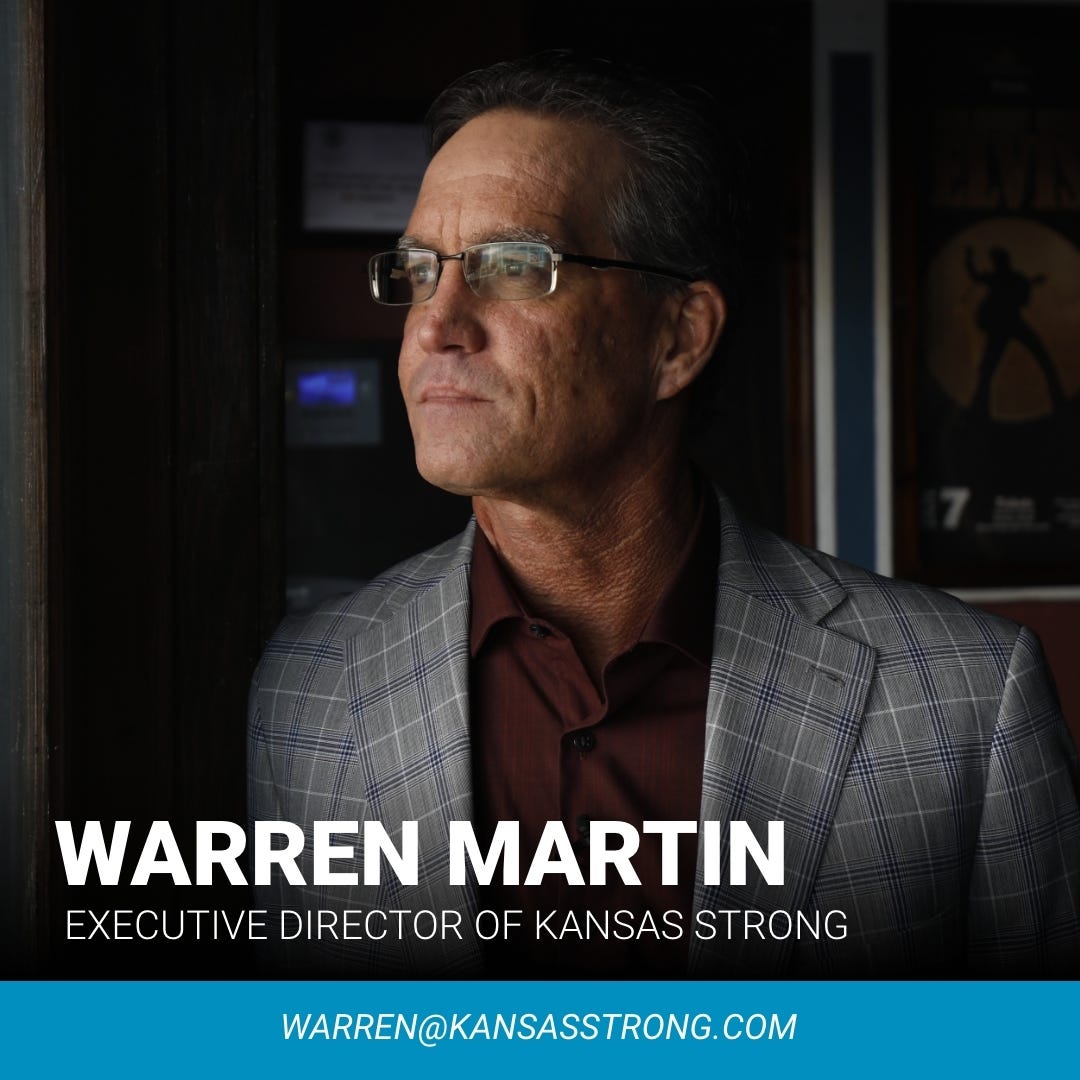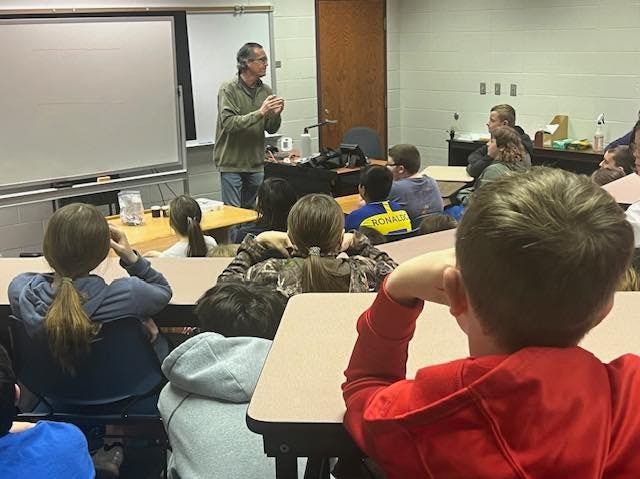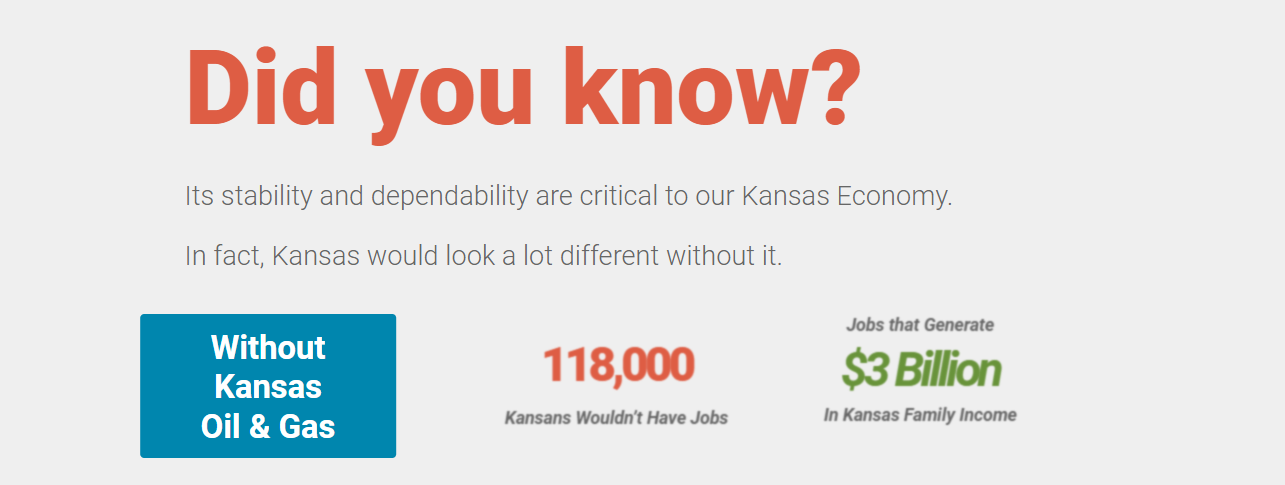

Warren Martin, executive director, Kansas Strong, talks about the industry’s newest awareness and education campaign “Do Your Own Research”.
“Kansas Strong encourages people to do their own research on oil and natural gas before making informed decisions,” Martin said. “The campaign title is Do Your Own Research. And the idea behind it is we’re trying to encourage people to really investigate energy issues more thoroughly rather than just taking what the news media says, taking what the clickbait social media posts and all that that’s sent out. Really do some research and learn.”
Energy poverty refers to the condition where households are unable to access essential modern energy services and products. This includes access to electricity, clean cooking facilities, and sustainable energy solutions.
It affects both urban and rural areas, where poor households often consume lower amounts of energy due to limited availability or high costs.
The concept encompasses not only the lack of access but also the economic burden of high energy prices relative to income and the inefficiency of energy use in homes.
Addressing energy poverty involves improving energy access, affordability, and efficiency to ensure that all households can meet their basic energy needs without undue hardship
Martin began citing facts and statistics that lay the foundational context for the research.

“Kansas has more local oil and natural gas producers than any other region in the United States, and the industry contributes more than $2.8 billion to the state’s economy each year. This money helps fund schools, support families, and build roads.”
Martin continued painting the picture of how oil and gas contribute to the economic activity across the planet, but also the state’s energy spectrum.
“Between now and 2050, it’s estimated that we are going to add 1.7 billion people to our planet,” Martin said. “More people means more energy, but wind and solar energy cannot do it alone, oil and natural gas remain the primary sources of energy and are continuously striving to minimize their environmental impact.”
Energy poverty affects a significant portion of the global population:
- Approximately 760 million people lack access to electricity.
- Around 1 billion people, or 13% of the global population, do not have access to electricity.
- An estimated 2 billion people worldwide experience energy poverty.
- Around 3 billion people are still living in energy poverty today’
“Really do some research and learn,” Martin said. “And what you’ll find is that between now and 2050, we’re gonna need 28% more energy than we currently produce.”

Martin reminds people that before you make an informed decision about any energy – learn more and do your research.
“In Kansas, we have more local oil and natural gas producers than any other region in the United States, and we help make a difference in the production of affordable and reliable energy,” Martin said.
He added that as complex as energy can be, many still believe it’s as simple as flipping a switch.
“In the United States, we get our energy by simply turning a knob or flipping a switch, but 60% of the world’s population is energy deprived. Almost 40% of the population still relies on firewood to heat their homes and cook their meals. Access to affordable and reliable energy is essential for those without to improve their circumstances. Let’s work together to make this happen.”

The Kansas Oil & Gas Resources Fund (KOGRF) is a nonprofit organization voluntarily funded by oil and natural gas producers in Kansas.
The KOGRF is branded as KANSAS STRONG and works to educate and inform people about the important role industry plays in their lives. The Kansas oil and natural gas industry provides the energy and security America needs.
At the same time our industry fuels the economy, the industry help fund Kansas schools, build bridges and roads, and provide tens of thousands of jobs across the state. As the second-largest industry in Kansas, Kansas Strong is proud to provide the energy so vital to continue our quality of life standards, while they reduce dependence on foreign resources.


